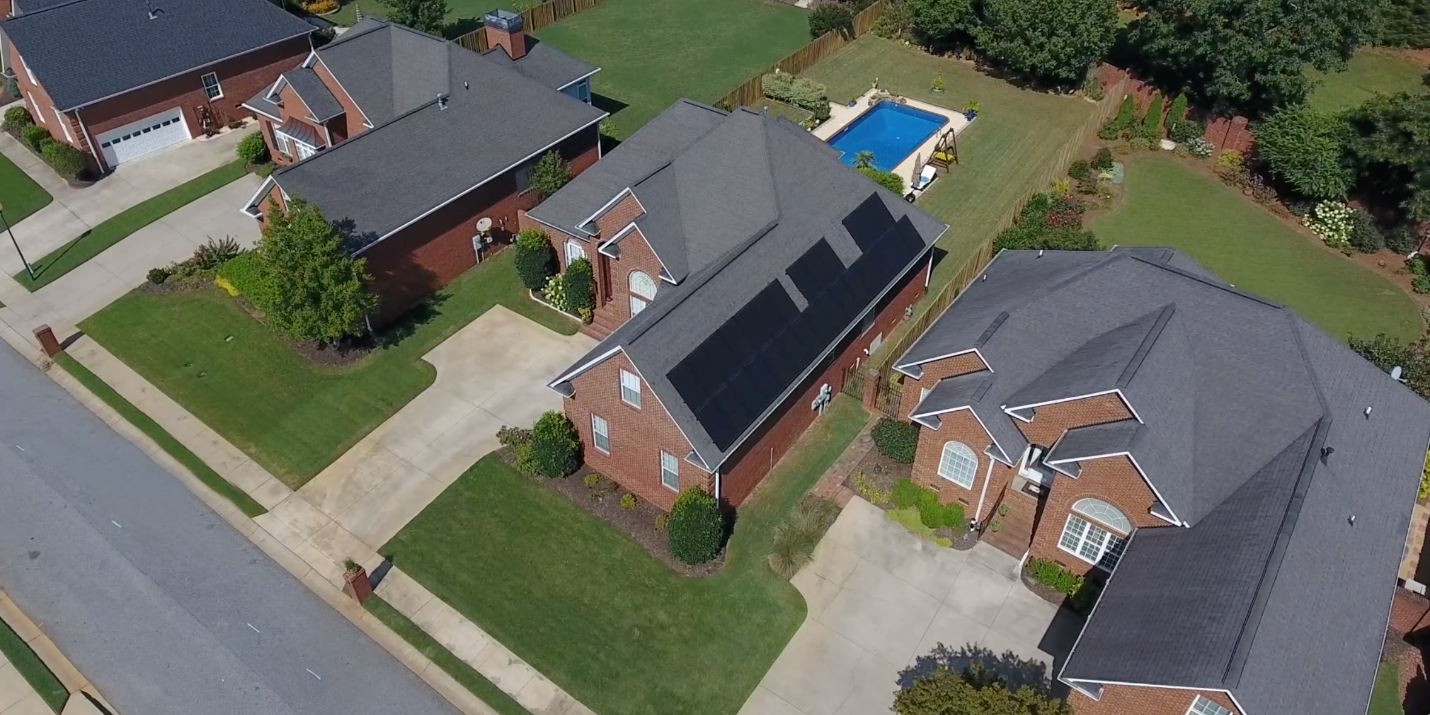The Financial Benefits of Having a Solar Power System
by Cody McGowan, on May 20, 2020 9:40:00 AM

Considering a Solar System on Your Home? Here’s Everything You Need to Know Before Going Solar.
There are so many good reasons to install a solar panel system. For one, it provides a renewable and clean source of energy. But did you know that it makes financial sense too? In fact, the financial benefits of going solar are probably more compelling than you realize. More than just a “free” source of energy, installing a solar power system on your Champaign, IL, home gives you some amazing tax breaks and incentives that last for many years. Find out more by reading our blog.
SEE ALSO: Smart Reasons to Work with Chicago’s Best Solar Company
First Things First: A Shading Analysis
Don’t believe everything you hear. Solar might not be the right choice for your home, but some may try to convince you otherwise. For instance, even if it looks like your home is getting enough sunlight, you might not fully benefit from solar due to shade from trees and other structures during peak sun hours. That’s why it’s very important to perform a shading analysis to determine if solar is the best choice.
An expert from Summit Solar conducts a comprehensive shading analysis of your home. We’ll determine the amount of sunlight you receive each year and then accurately estimate your savings. Most importantly, if we can’t save you money, then we won’t pressure you into buying a system.
Going Off the Grid. Is It Possible?
Yes and no. The only real way to go “off the grid” is to install a battery backup system with your solar panels. Manufacturers like Sonnen offer excellent products that potentially generate and store your own energy without putting the demand on the grid. So, when the grid goes out, you’ve got all the power you need.
However, a solar storage system requires a significant upfront investment. If you want to live completely off the grid, then it’s the way to go. But if you want to take advantage of solar power AND save money, there are better options. Keep reading!
Net Metering: The Real Way to Save with Solar
How would you like to get credit – real dollars – for the solar energy you produce? A solar power system installed by Summit Solar will produce more power than you need each day. So, what happens to all that power? It goes back to the electric company. And they thank you for it by providing credits to you. Net metering offsets your utility costs by using the solar energy you produce. These credits are carried over each month, effectively lowering your monthly energy bill.
The Federal Government Wants to Give You Money
Well, it may not be actual money, but it’s just as good. The ITC (Investment Tax Credit) allows you to deduct 26% of the cost of your solar power system from your taxes (Note: There are certain guidelines to qualify for the ITC). Currently, you can deduct 26% of the cost of the potential value of your installed system. In addition, there is no cap on the value of your system. This incentive only applies to those who own, and not lease, a solar system. In addition, you can’t claim the tax credit on your rental properties unless you’ve lived there for a portion of the year.
Another Way to Save
Your home has become a power plant – and clean one at that. It’s time for you to make money off of it. The Solar Renewable Energy Certificates (SRECs) are earned for every 1,000 kilowatt-hours of solar power. Each credit price varies depending on the market supply and demand. You can sell those credits back to the government and use the money to reduce the cost of installation.
Are you ready to find out if solar is the right choice for you? Let us walk you through the process by providing a consultation. Call Summit Solar at 888-884-3557 or complete our online contact form. We look forward to hearing from you!



